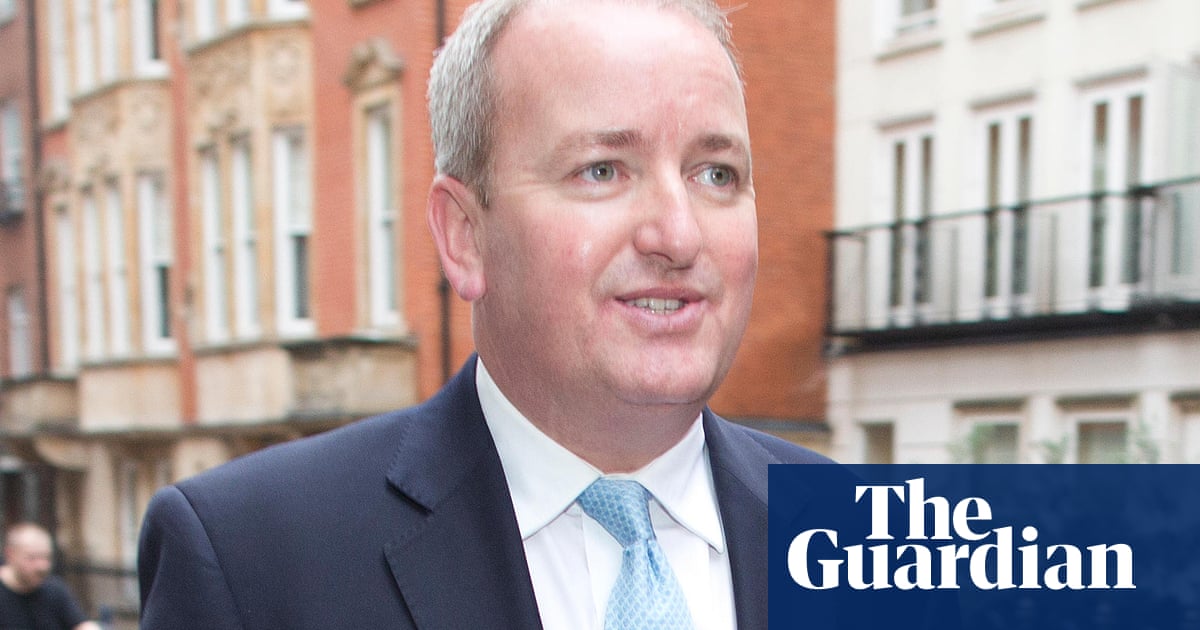A Tory MP has claimed more than £1,100 in expenses for copies of the Who’s Who reference books for his office — despite it being available for free in parliament.
Mark Pritchard’s claim for the index, which lists the biographies of notable people, cost the taxpayer £321.17 in January this year.
He has also claimed for three previous years of editions in May 2022, and was granted expenses to cover the 2022 version for £264.54, the 2021 version for £300.82 and the 2020 version for £279.92
Versions of Who’s Who tend to be largely similar but each year contains an update with biographical details about “noteworthy and influential people who impact British life”.
It is available for free in theHouse of Commons library. If every MP claimed for copies of the reference book in the same way, it would have cost the taxpayer more than £750,000.
Pritchard is a backbench MP who once served as a trade envoy to Armenia and Georgia. He has an entry in Who’s Who, which gives his history as a parliamentary researcher and founder of a communications firm, lists his roles in politics, and his recreations as “writing comedy, trainee birdwatcher, jazz, skiing, animal welfare”.
TheHouse of Commonsscheme is not fully prescriptive about what MPs can claim under their “business costs”, and allows a degree of discretion for members to say what is necessary for their parliamentary work.
The Independent Parliamentary Standards Authority (Ipsa)’sFunding Handbookstates “newspapers, journals, magazines, or relevant books” are allowable business costs, providing they are not for personal use. Pritchard’s expenses were approved and within the rules.
Pritchard and Ipsa have been approached for comment.
Several MPs have had their expenses criticised over the years. The Labour MPTaiwo Owatemi was found to be claiming £900 in “pet rent”so her dog could live with her, while Angela Rayner claimed Apple AirPods worth £249 on expenses rather than buying a cheaper headphones model. Both claims were within the rules.
MPs’ expenses have been subject to greater transparency since it emerged in 2009 that some had been claiming for luxury and non-essential items, such as moat cleaning, a duck house, and heating for their stables.
Sign up toHeadlines UK
Get the day’s headlines and highlights emailed direct to you every morning
after newsletter promotion
Earlier this week Ipsa, which regulates expenses and prefers to call them “business costs”, launched an investigation into the Labour MP Tahir Ali.
It said in a statement: “The compliance officer for Ipsa has opened an investigation to determine whether Mr Tahir Ali MP has breached spending rules under Ipsa’s Scheme of MPs’ Staffing and Business Costs. The investigation relates to the MP’s spending on office costs, travel and accommodation. No further information will be published until the investigation has concluded.”
Ali claimed about £59,000 in expenses in the 2023-24 financial year, including £12,651.77 on accommodation, £9,850.54 on travel, £685.20 on dependents’ travel, £35,691.63 on office costs and £326.33 on staff travel.
He has previously said: “I am confident that I have been compliant with Ipsa rules and will fully cooperate with the investigation.”
